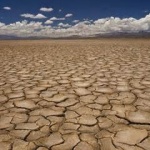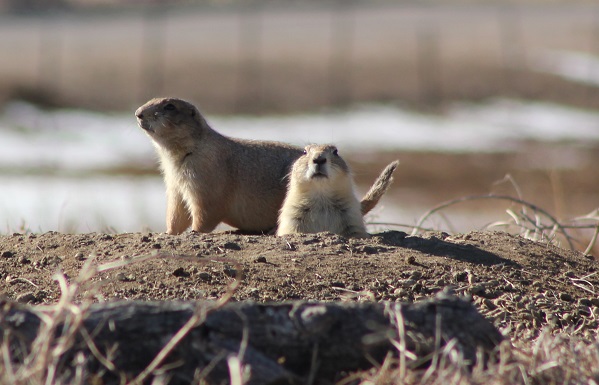Reflections on “Against the Grain”
17 Dec
 I am reading “Against The Grain: How Agriculture Has Hijacked Civilization ” by Richard Manning and it is an amazing book.
I am reading “Against The Grain: How Agriculture Has Hijacked Civilization ” by Richard Manning and it is an amazing book.
To begin: I have been thinking a lot lately about the issue of water and the disappearance of water, particularly out here in the Western Occupied territories. When I flew to California recently, I couldn’t help but notice the whole landscape beneath us looked like the surface of Mars, without the mystique. As with the Martian landscape, you could see where all the water used to run. I grimaced at the remnants of lakes that were, only a few years ago, full of water but were now dead or dying, at about 10% capacity. The scene was horrifying, and was compounded by the fact that the whole time we were in the air you could see smog, above the mountaintops, lining the ENTIRE trip. I’m sure the dying lakebeds and smog were unrelated. Even more terrifying than the reverse terraforming was the fact that the hundreds of people on the plane either didn’t pay attention, or care.
Back to the book: The following passage from Manning’s book really struck home on this particular topic, and articulated so well what is happening to our only home and to all that water that once was:
“If anything, modern irrigation has spawned a culture even more rigid and hierarchical than before–the social cost of the technology. The environmental cost, however, is even more pronounced. In the United States, for instance, the entire Colorado River basin has been appropriated, mostly for irrigation, so that the Colorado no longer flows into Mexico’s Sea of Cortez, triggering the death of that productive bay and its estuaries. The Oglalla Aquifer, which underlies about five states in the United States’ southern plains, is nearly depleted. The Columbia River no longer supports salmon, partly because of irrigation. China sends tankers to southeastern Alaska to load up with nothing more than river water for drinking, so scarce has freshwater become in the oldest surviving irrigated civilization.
In the United States and worldwide, the land now farmed has simply appropriated the natural water flow–the lifeblood–of other lands. The rain that falls in mountains and deserts once fed streams, once fed habitat. Now those regions are farmed–not directly, but for their water. Irrigation now accounts for 70 percent of the freshwater used by humans. Again, this appropriation did not grow in a long, continuous curve from the beginning of agriculture but is a modern phenomenon. During the last forty years, the amount of irrigated acreage in the world doubled. The doomsayers predicted famine in the late 1960’s, largely as a result of a swelling population’s bumping up against the intractable limit posed by the planet’s finite supply of arable land. We jumped that limit, but did so by spreading the footprint of farming to mine, sterilize and dewater the rest of the land, not to mention estuaries, gulfs, rivers, lakes and the atmosphere itself. We no longer grow crops just on land; we have plowed up the biosphere.” (pg. 102-103)
“There’s no free lunch.” “What goes around, comes around.” Pick your aphorism, friends; the point is, we’re well on our way toward becoming just like our 4th Rock sibling, and amber waves of grain don’t signal what the songwriter thought they did.

6 Responses to “Reflections on “Against the Grain””